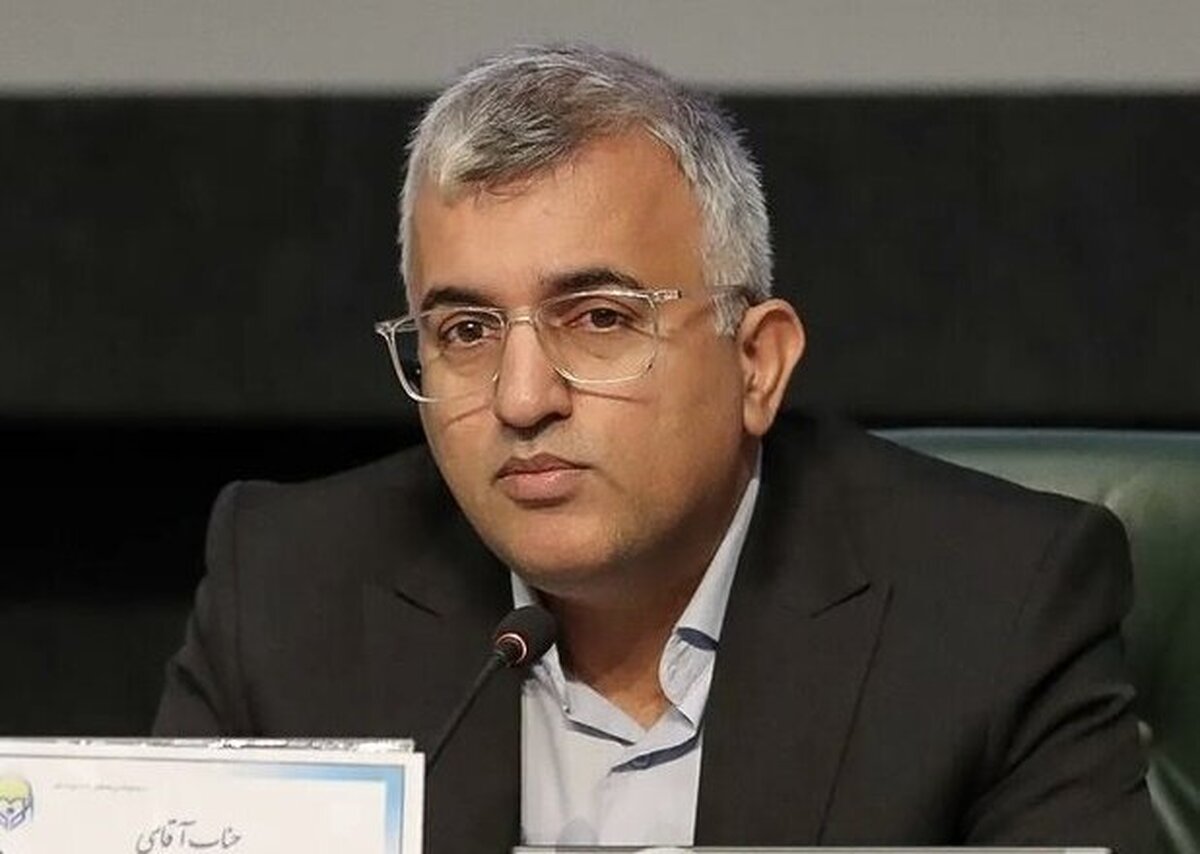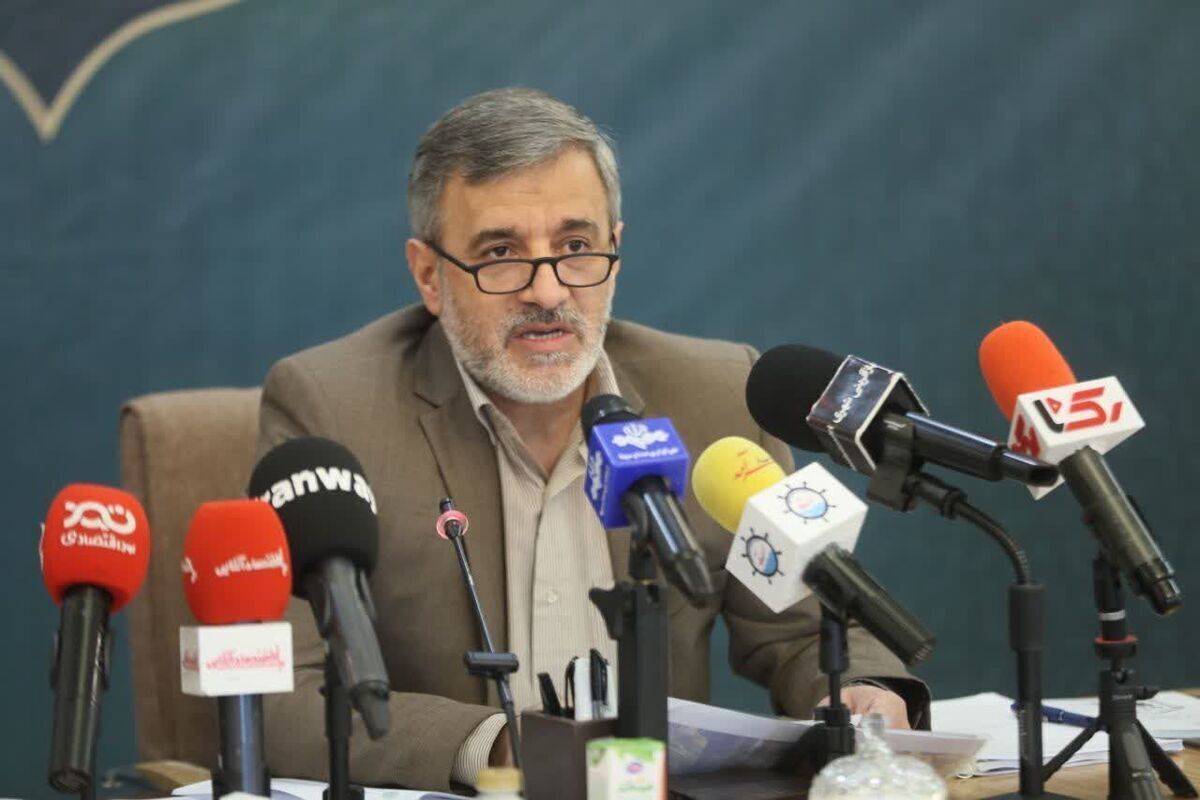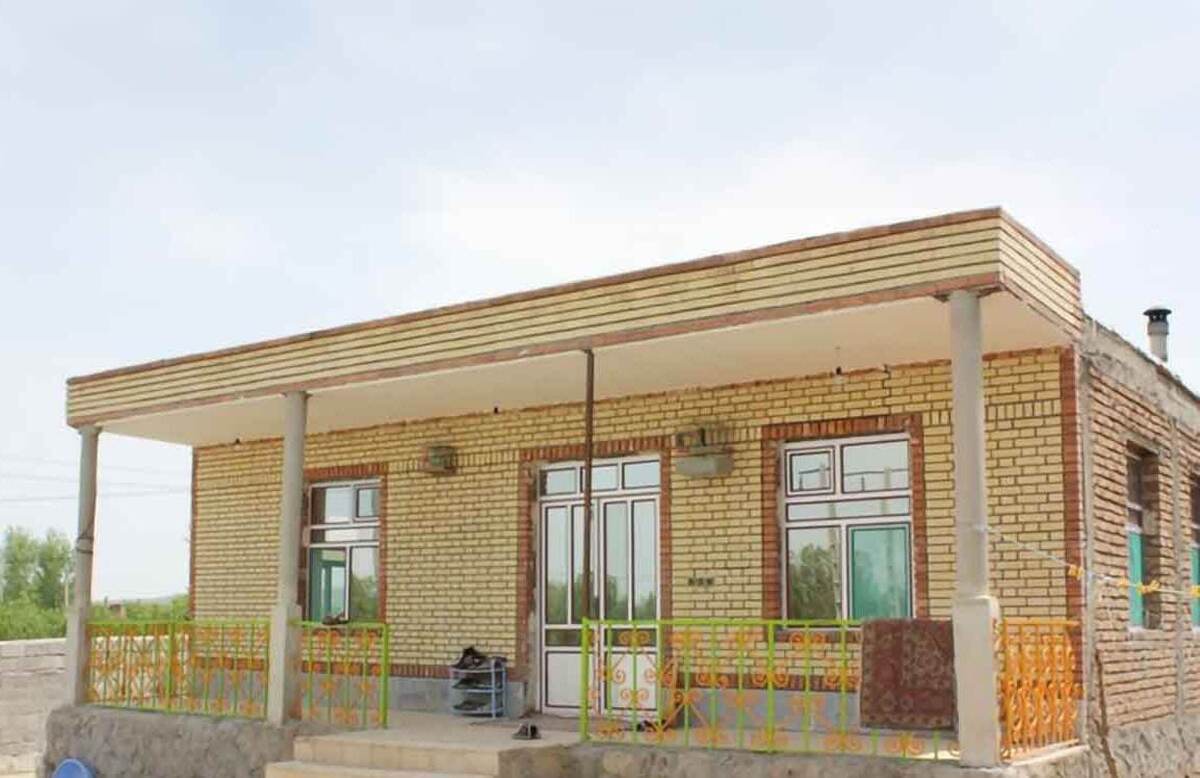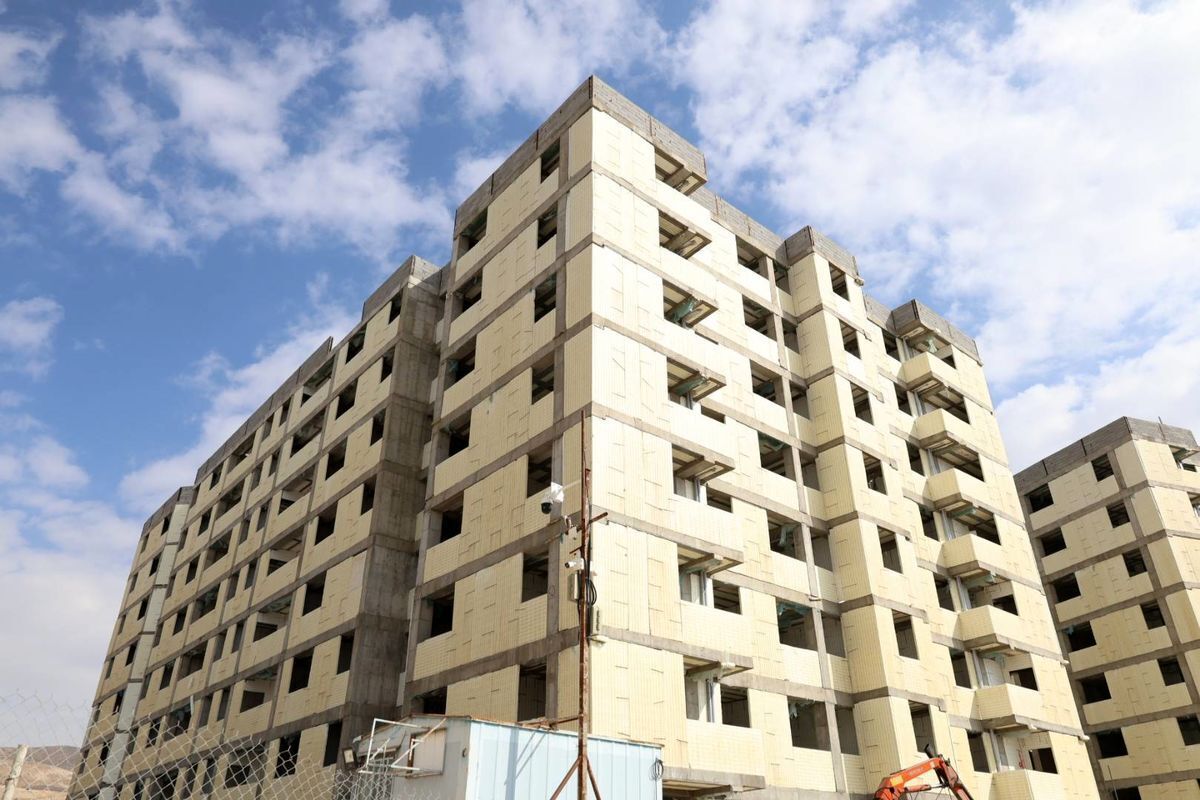
The Deputy Minister of Roads, one day after being dismissed, stated that a fundamental solution must be found for 2.7 million unstable housing units

The former CEO of the Revitalization Company, just one day after his dismissal, stated that the highest number of renovation permits issued for dilapidated areas was in the year 1402 (2023) with 98,500 units, which led to the reduction of 100,000 unstable roofs. He emphasized that a fundamental solution must be found for over 2.7 million unstable residential units.
According to a report by the Economic Online reporter, Mohammad Ayini, the former CEO of Iran's Urban Revitalization Company, provided a report just one day after his dismissal from this position to demonstrate the actions taken during his tenure.
In a new report, he announced that over the past three years (from December 2021 to December 2023), more than 3,000 kilometers of dirt roads in targeted revitalization neighborhoods of 570 cities have been improved and paved by the Urban Revitalization Company of Iran, with excellent collaboration from municipalities, responding to the requests of residents, especially children and adolescents in these areas. This has brought smiles of joy, vitality, and satisfaction to the future builders of the revolution.
My colleagues and I have spared no effort in completing 1,245 unfinished projects inherited from previous administrations, with over 850 projects completed at a cost equivalent to 3 trillion tomans, and their financial claims settled. Now, as the responsibility of service is handed over to another brother, there are very few and minimal debts.
The latest inauguration last week was a 12-classroom girls' school in the Del Azar neighborhood of Qom, named after the father of sacred poetry in the country, Master Mojahidi, which has commenced its activities.
The inauguration of the Shahid Soleimani School in Meshkinshahr, Ardabil, the cultural and artistic complex in the Kamtehr neighborhood of Sanandaj, the Imam Khomeini Stadium in the Modarres neighborhood (the most marginal neighborhood of Dezful), the Allahabad Stadium in Kerman, the police station in the Gol Moghān neighborhood of Ardabil, the clinic and comprehensive health center in Vaqilabad, Urmia, the Imam Khomeini High Stadium in Qorveh, Sanandaj, and several other projects have personally been attended by me, along with many other projects inaugurated by other senior national and provincial officials for the benefit of the honorable people. Including 83 new projects, nearly 400 other projects are underway.
If it weren't for God's help, we couldn't have transformed the relatively neglected issue of housing renovation into a top priority for urban revitalization. The Bam earthquake and the size of earthquakes demonstrated to us that this is a critical issue. We boldly announced to the country that within the 170,000-hectare area of urban revitalization, there are more than 2.7 million unstable units that need urgent attention. Thus, we set our main strategy as "accelerating the renovation of unstable buildings and shaky roofs."
The experience of the past three decades in this matter has directed us towards an operational strategy focused on popular involvement and mobilizing all elements, actors, and stakeholders in urban revitalization, including residents, owners, builders (both small and large), investors, professionals, specialists, consultants, facilitators, and media personnel through empowering them with various incentive packages aimed at reducing construction costs and enhancing the economic justification for investment in these areas while creating multiple rights for people.
This strategy began with drafting and obtaining approval for a 19-point physical incentive package from the Supreme Council of Urban Planning and Architecture of Iran, allowing for local incentive packages. It continued with developing incentive packages to strengthen residence in dilapidated historical areas. The provision for housing and issuing titles for properties occupied in informal settlements marked a turning point in organizing and initiating renovation operations. However, the pinnacle of this effort was reflected in Article 52 of the Seventh Development Plan of the Islamic Republic of Iran. Now that this report is being presented to the honorable people of Islamic Iran, more than 310 cities have developed their own local incentive packages. In this process, thousands of individuals have been trained as managers, experts, and grassroots groups to explain and justify people's rights.
Continuous follow-up and daily efforts along with holding 21 nationwide weekly meetings to realize and implement incentive packages by various agencies, especially municipalities, resulted in over 310,000 residential units registered in nearly 100,000 renovation permits by more than 600 municipalities in the National Urban Revitalization Headquarters system. Among these, approximately 110,000 units have been completed and offered to the housing market.
The highest number of renovation permits issued within dilapidated and inefficient urban areas was in 2023 (1402) with over 98,500 units—an achievement that led to a reduction of nearly 100,000 shaky roofs across the country.
Among applicants for over 45,000 units seeking low-interest loans under Article 18 of the annual budget were introduced for financing while remaining applicants were referred to banks for self-ownership loans.
Additionally, drafting and approving a new version of the national document for organizing and empowering informal settlements last year was another achievement by my colleagues.
God! Once again, I express my gratitude that You have granted me the opportunity to breathe alongside the martyred President and to travel for weeks with him to provinces and cities, being alongside the dear people.
In the end, I hope that the new leaders in this field will witness increasing successes on their path.
Yesterday, by a decree from Farzaneh Sadegh Malavijerd, the Minister of Roads and Urban Development, Abdolreza Golpaigani, who has experience as the Deputy Mayor during Hassan Rouhani's government, was appointed as the caretaker of the Urban Revitalization Company of Iran.




